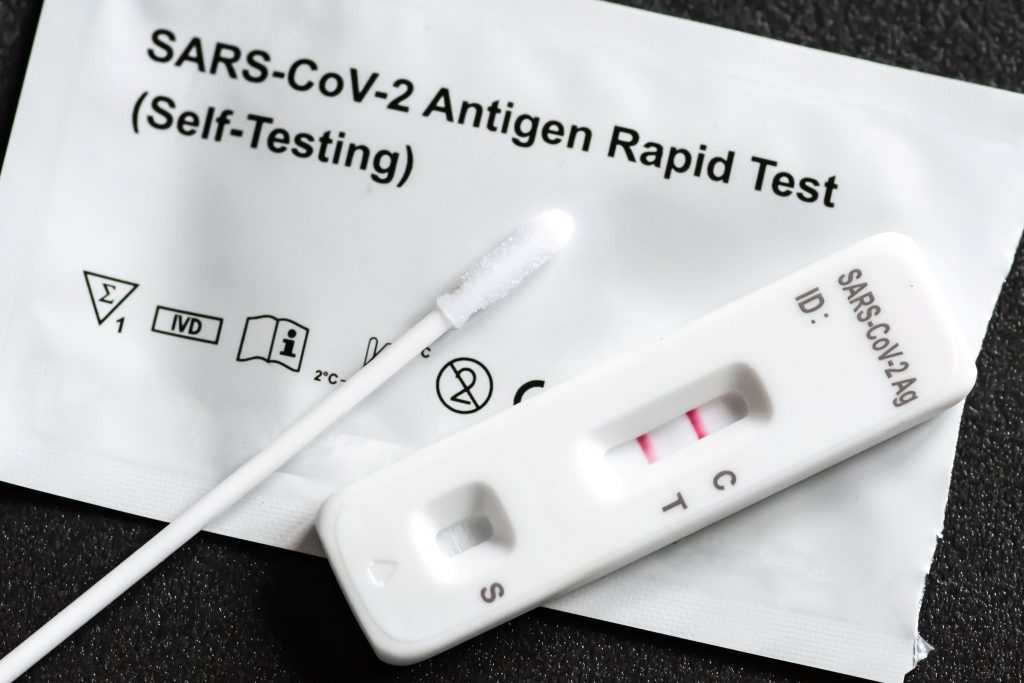The first worldwide clinical trial of the drug baricitinib has shown that this orally administered medication could halt the progression of type 1 diabetes if administered within the first 100 days after diagnosis.
Researchers from the St Vincent’s Institute of Medical Research (SVI) in Melbourne demonstrated, through a clinical trial involving humans, that a commonly prescribed medication for rheumatoid arthritis could potentially stop the progression of type 1 diabetes.
Published in the reputable medical journal “The New England Journal of Medicine,” the groundbreaking global clinical trial revealed that the drug baricitinib could safely and effectively preserve insulin production by the body and slow down the progression of type 1 diabetes but only if taken soon after diagnosis.
Baricitinib functions by blocking an enzyme that under normal circumstances assists in transmitting signals regulating the immune system and inflammation. The drug, is believed to suppress the immune response targeting the insulin-producing cells of the pancreas in individuals newly diagnosed with type 1 diabetes. This delay in the onset of disease symptoms improves glucose control and ultimately reduces long-term complications for the body.
In a year-long randomized, double-blind clinical trial involving 91 participants-ages 10 to 30-with type 1 diabetes, 60 individuals received baricitinib while the remainder were administered a placebo; the participants began taking the medication within the first 100 days of their diagnosis and continued using insulin throughout the trial.
Throughout the study period, researchers diligently recorded the daily insulin doses the volunteers received, the amount of insulin their bodies produced naturally (endogenously), blood glucose levels, and glycated hemoglobin levels (measuring average blood sugar levels over the past two to three months).
According to Professor Kay, the study holds promise in potentially offering the first modified treatment for type 1 diabetes in the form of a pill. ” Our trial demonstrated that if treatment with baricitinib begins promptly after diagnosis, patients’ insulin production is sustained. Participants who received the drug required significantly smaller insulin doses.”




